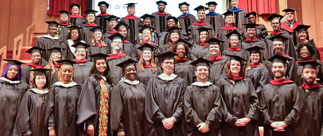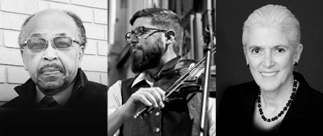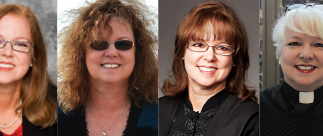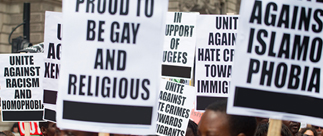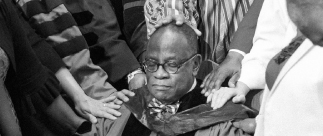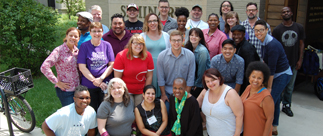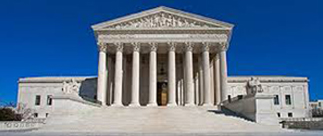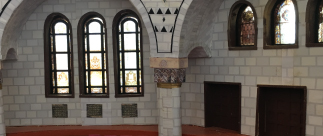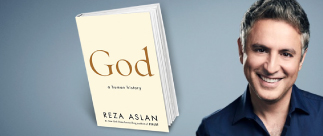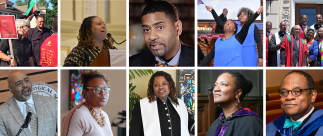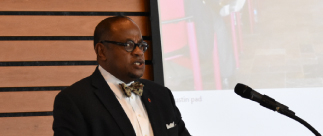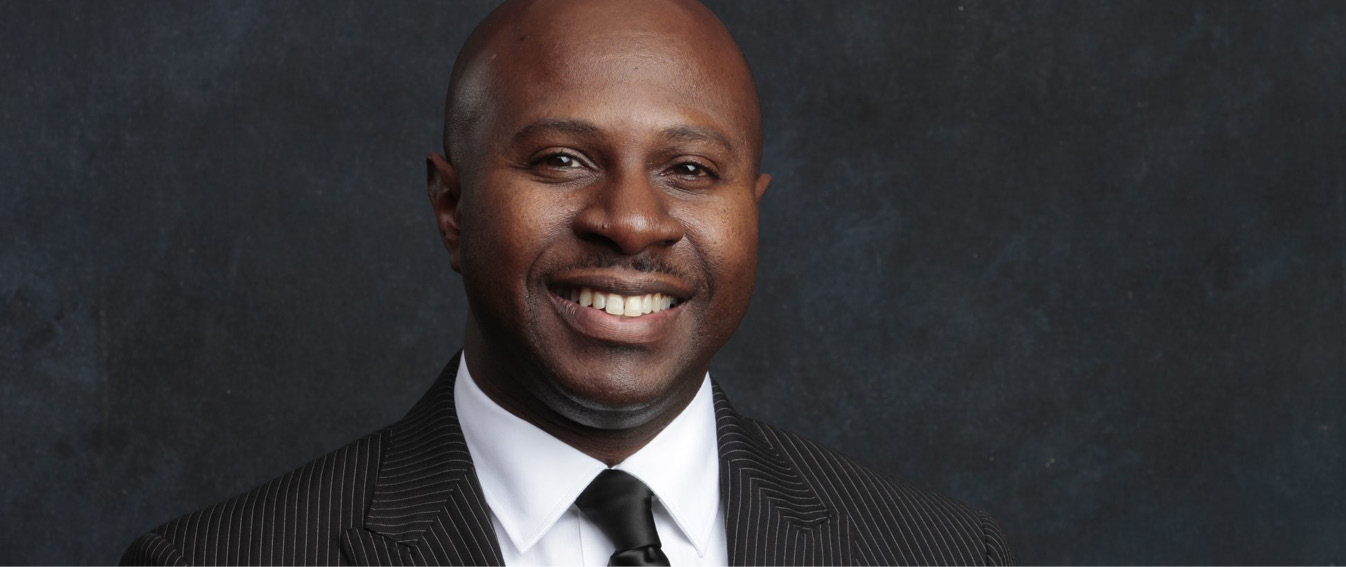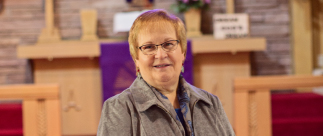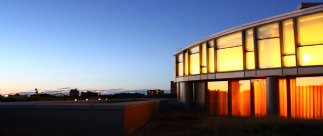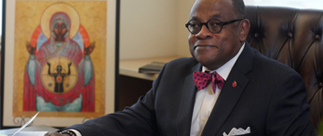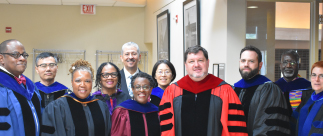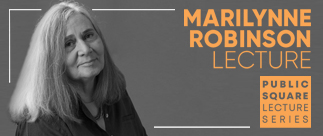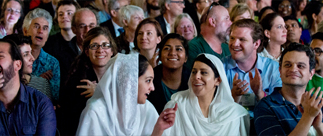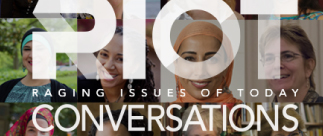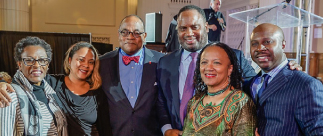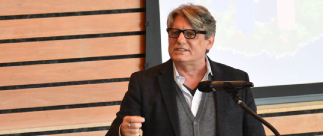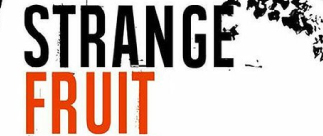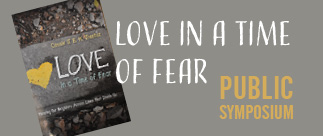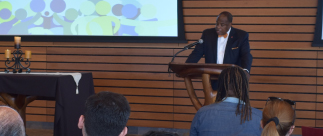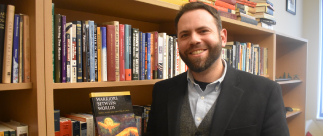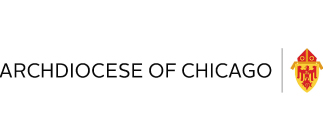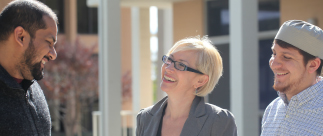Decision In The Masterpiece Cakeshop Case
Response written by Rev. Dr. Stephen G. Ray Jr., CTS President
To download the PDF version of President Ray’s response, CLICK HERE.
Chicago Theological Seminary (CTS) is a school and community dedicated to the dignity and worth of all people. As such, we are defenders of a vision of society in which we all have a place and can expect to be treated fairly in every walk of life. The decision by the United States Supreme Court overturning the judgment against Masterpiece Bakery continues the ambiguity before the law about the status of the content of religious freedom and its relationship to the social and cultural standing of LGBTQ persons. While there is a clear statement by the majority that religion cannot serve as a blanket excuse for discrimination, the procedural finding which demands neutrality towards religion on behalf of the state seems to preclude the possibility that the law can have antagonism against the practice of religion which generates exclusion and animus. Alternatively, the dissent by Justices Ginsburg and Sotomayor kept the focus on the actual act of discrimination and the couple stigmatized by it. So, as a legal matter, this decision forestalled the questions of whether religion may be a basis for discrimination against protected classes of people and whether the state may have an interest in protecting certain groups against such religiously inspired discrimination. The relationship between these two, sometimes, competing claims on the protection of the law remains unsettled.
If CTS was a school of law, it would be fitting for our response to try to sort out this legal uncertainty. CTS is a school which prepares people to be agents of transformation in a world sorely in need of justice and hope. So, our interests are different. We have a deep interest in protecting the religious freedom of people within our society, precisely because religion is the focal point for much bigotry and exclusion within our society. Who can deny that Islamophobia—the source of much of the hate coursing through our society, is the clearest case for these protections? On the other hand, the heritage of CTS as a school of religion born in the 19th century religious debates about slavery demands that we stand as a witness for a particular practice of religion. It is in our DNA to believe that religion exercised on behalf of human wholeness and flourishing must be a vibrant force shaping our common life as a society. It would be foolish to believe that other practices of religion would eschew centuries long readings of sacred texts and exclusionary ecclesial practices overnight. Consequently, the thicket of the relationship between freedom of religion and the rights to dignity of all people will remain. This recognition must not lead us to a quiet acceptance. Rather, it is a reminder that the most effective response to the issues raised by this ruling is for people of goodwill, interested in the flourishing of all to redouble our activism on every level of government, in every space of cultural production, and in every social space to defend and expand the rights of those excluded by bigotry.
Chicago Theological Seminary is committed to this struggle to make of ours, a more just world for all. This commitment led us to file a friend of the court brief during the original litigation of this case. It continues to compels us to embrace not only the rhetoric but the reality of diversity, and recognize the vital intersectionality of our commitments, working together to do justice, love mercy, and walk humbly with our God. We invite all people of goodwill to join us in this struggle for the simple truth that in God’s world there is no ambiguity.


